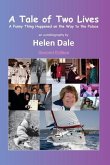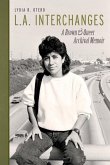
26,99 €
Versandfertig in über 4 Wochen
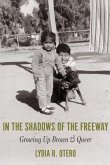
21,99 €
Versandfertig in über 4 Wochen
Broschiertes Buch
Spatial Conflicts and Urban Renewal in a Southwest City
3rd edition
15. November 2010
University of Arizona Press
Ähnliche Artikel
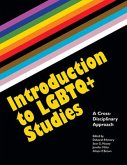
Broschiertes Buch
A Cross-Disciplinary Approach
1. November 2022
State University of New York Press
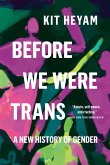
18,99 €
Versandfertig in über 4 Wochen
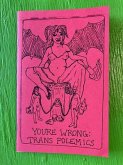
8,49 €
Versandfertig in über 4 Wochen
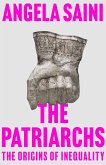
16,99 €
Versandfertig in über 4 Wochen

18,99 €
Versandfertig in über 4 Wochen

10,99 €
Versandfertig in über 4 Wochen
Broschiertes Buch
An Inclusive Pregnancy Coloring Book Celebrating the Journey of Bodies The Grow Babies
21. November 2022
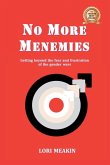
18,99 €
Versandfertig in über 4 Wochen
Broschiertes Buch
Getting beyond the fear and frustration of the gender wars
7. Januar 2024
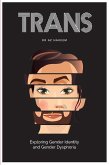
18,99 €
Versandfertig in über 4 Wochen
Broschiertes Buch
Exploring Gender Identity and Gender Dysphoria
6. Februar 2018
Trigger Publishing
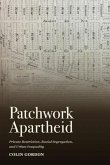
Broschiertes Buch
Private Restriction, Racial Segregation, and Urban Inequality
First Edition, First Edition, Patchwork Apartheid edition
15. November 2023
Russell Sage Foundation
Ähnlichkeitssuche: Fact®Finder von OMIKRON

